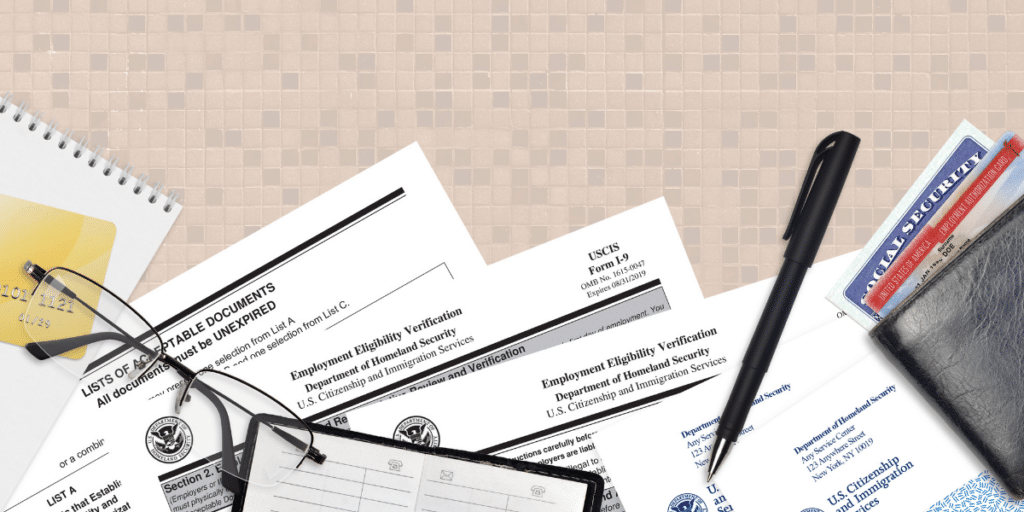In North Carolina, changing your last name contemporaneously with getting a divorce is easier than you might think. Though the process can be paper intensive, an experienced family law attorney, like those at Dozer Miller, can easily assist you in changing your last name as part of the divorce process.
The easiest and most straightforward way to change your last name is to petition to have your name changed at the same time that you file your complaint for absolute divorce. To be clear, when changing your last name incident to divorce you are only allowed to resume your maiden name, the last name of your previously deceased spouse, or the last name of your former living spouse if, and only if, you had children from your marriage to that spouse that carry the same last name.
In order to file for divorce in North Carolina, you must first be separated from your spouse for a period of more than one (1) year (note: special rules and procedures exist for divorces based on “incurable insanity”). If you have been separated from your spouse for more than one (1) year and you would like to proceed with obtaining a divorce, you will need to file the following documents with the clerk of the county where either you or your spouse lives:
- A complaint, stating the facts of your case and your request for divorce.
- A civil summons.
- A Domestic Civil Action Cover Sheet.
- An affidavit pursuant to the Servicemembers Civil Relief Act (SCRA), telling the court whether or not your spouse is in the military. You will need to create a free account with DMDC in order to perform a search.
- You must pay the court filing fee. If you are unable to afford the fee, you can apply to file as an indigent using this form. Mecklenburg County’s filing fee for obtaining a divorce is $225.00.
If you would also like to have your last name changed as part of the entry of a Judgment of Absolute Divorce, you should include in your complaint a request that you be allowed to resume one of qualifying names set forth above. In the proposed Judgment of Absolute Divorce, you should include a sentence that states that you are allowed to resume your chosen name. It is important to note that there is an additional $10.00 fee to obtain a name change as part of the divorce action in Mecklenburg County.
If you do not include a request to have your last name changed in your complaint for absolute divorce and it is not thereafter ordered in the Judgement of Absolute Divorce as outlined hereinabove, you will have to file an official Application/Notice of Resumption of Former Name following the entry of the divorce judgment in order to effectuate a name change.
Remember that after you have successfully changed your last name following divorce you will need to update important documents such as your passport, driver’s license, social security card, and credit cards. These things are especially important if you travel often.
At Dozier Miller, we have ten (10) family law attorneys handling family law matters in North Carolina. If you find yourself facing a family law matter, including obtaining an absolute divorce or changing your last name incident to divorce, contact a member of our family law team today and schedule your initial consultation.

CATEGORIES
Contact an Attorney
Our attorney offer specialized guidance and representation in a variety of practice areas.

REMEMBER: Always speak with your own attorney
This information is provided for informational purposes only; it is not offered as and does not constitute legal advice.
More Insights and Resources
Learn more about what to expect when facing a family law dispute in Charlotte, North Carolina from Family Law attorneys at Dozier Miller Law Group
What NC House Bill 269 Could Mean for Non-Compete Agreements in North Carolina
Non-compete agreements have long been a controversial tool in the corporate world—sometimes protecting legitimate business interests, and…
Protect What Matters Most: Estate Planning for Every Stage of Life
Thinking about the future doesn’t always come naturally. Many of us get caught up in the day-to-day,…
Will a Separation Protect Me Financially?
Separation is never easy, especially when financial questions start piling up. Can you protect your savings? Will…
Practical Custody Arrangements for Families
Trying to figure out custody arrangements? You’ve probably come across terms like joint custody, primary custody, and…
Future-Proof Your Business Against Form I-9 Changes
Running a business is no small feat. Between managing your team, keeping customers happy, and planning for…
When Do You Need an Attorney for a Breach of Contract Case?
Contracts are the backbone of any good business relationship. They bring clarity, set expectations, and hold everyone…
Navigating Immigration Changes and Their Impact on Employment Law
No matter the size of your business, immigration law affects your ability to hire and retain the…
LGBTQ Families and Stepparent Adoption: What You Need to Know in North Carolina
As a family law attorney in North Carolina, I’ve seen many parents assume that their legal status…
What to Do When You Get a Bad Google Review
If you’re a Charlotte business owner, you know just how important your online reputation is. Around 98%…
Managing Your Immigration Status in 2025
The 2024 election brought significant shifts to U.S. immigration policy, many of which have already begun reshaping…










